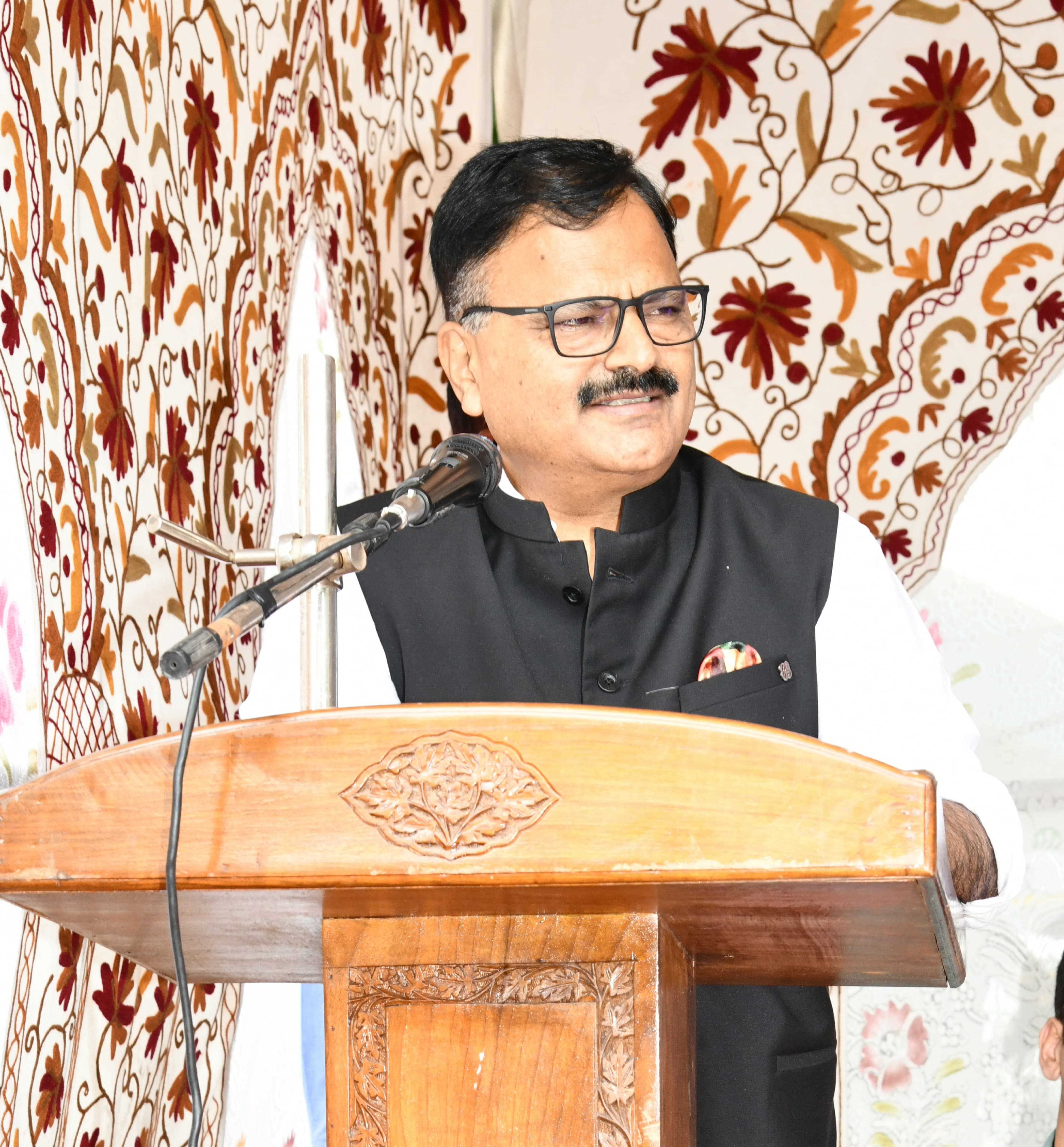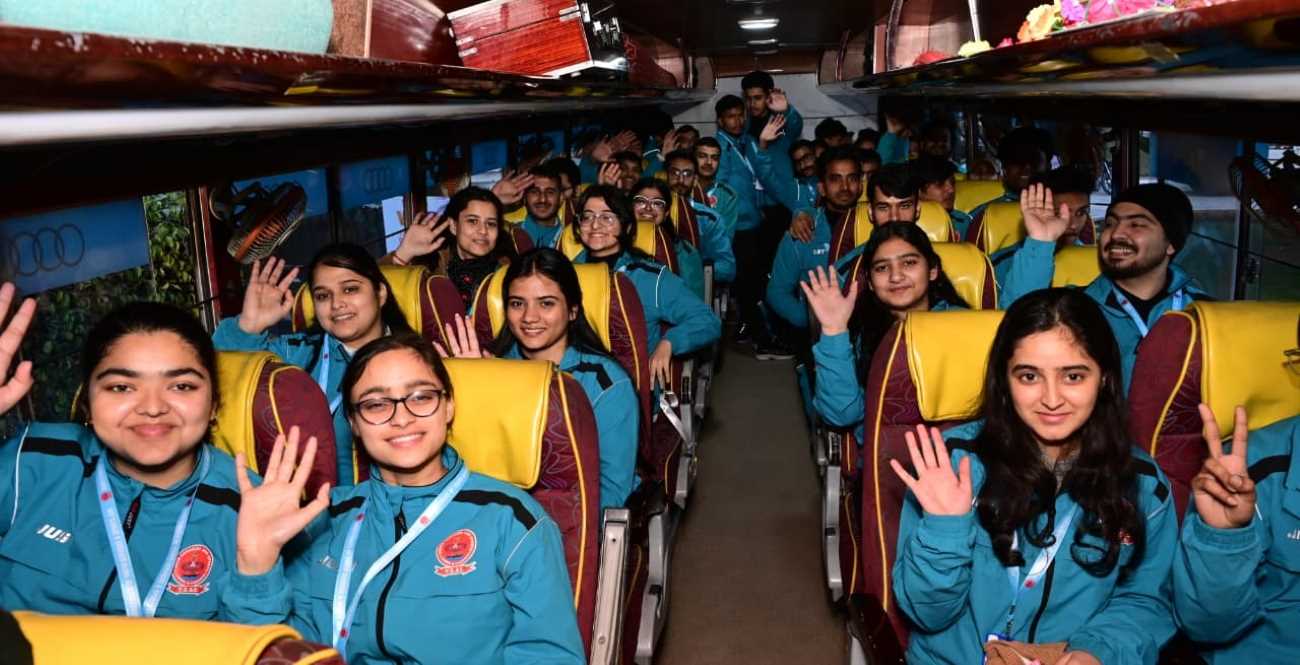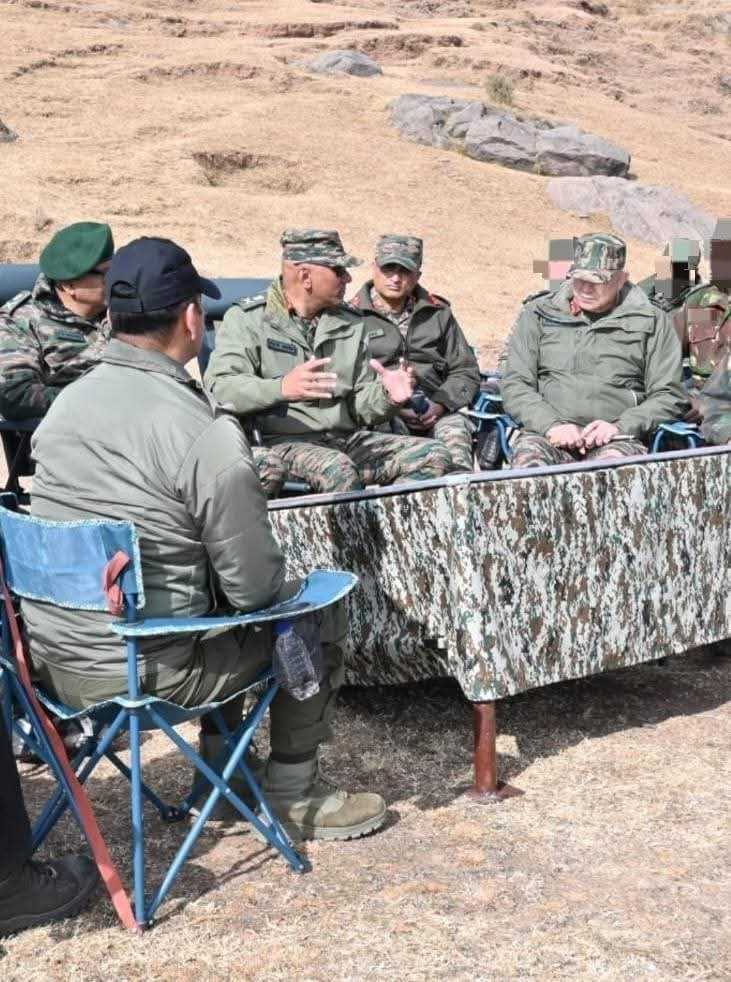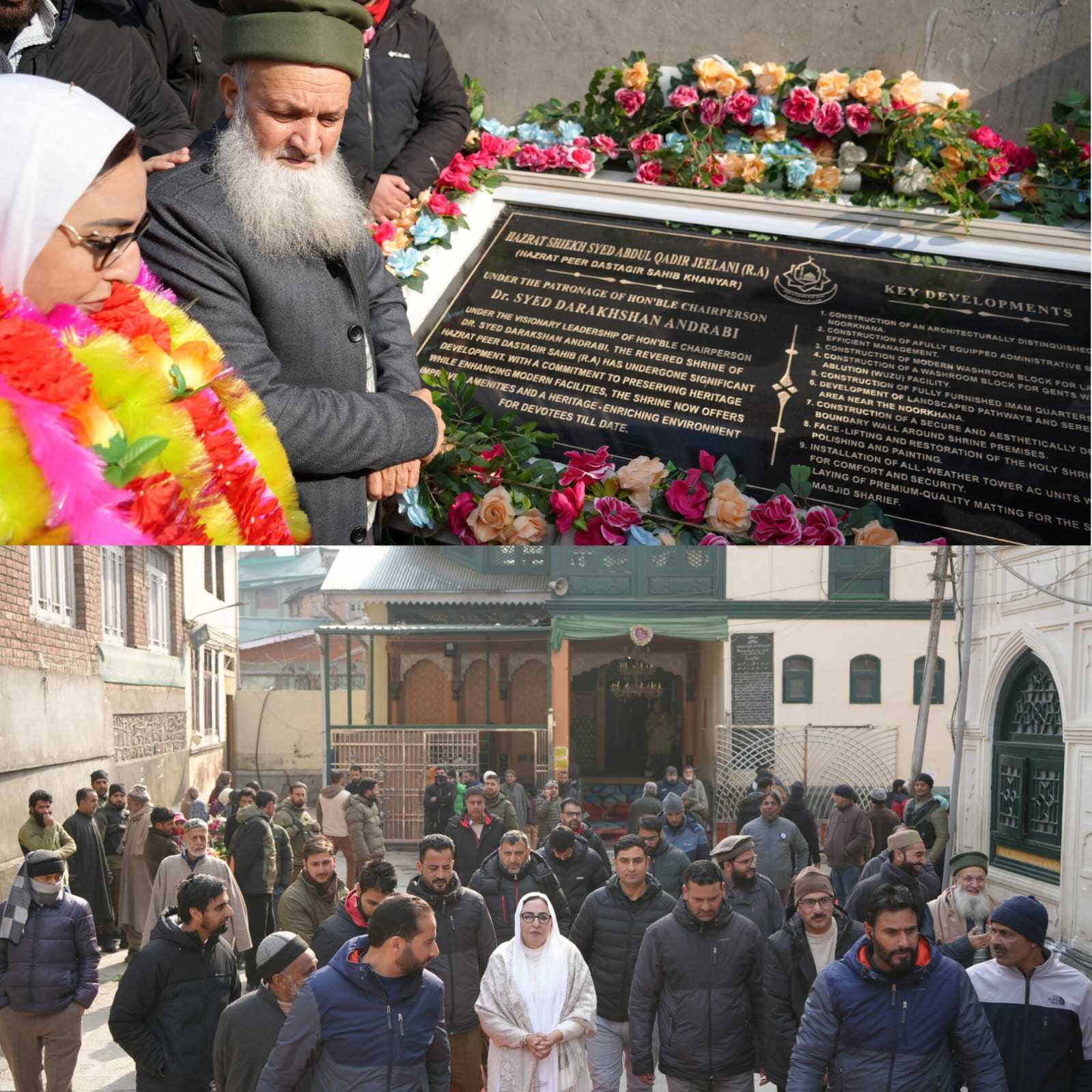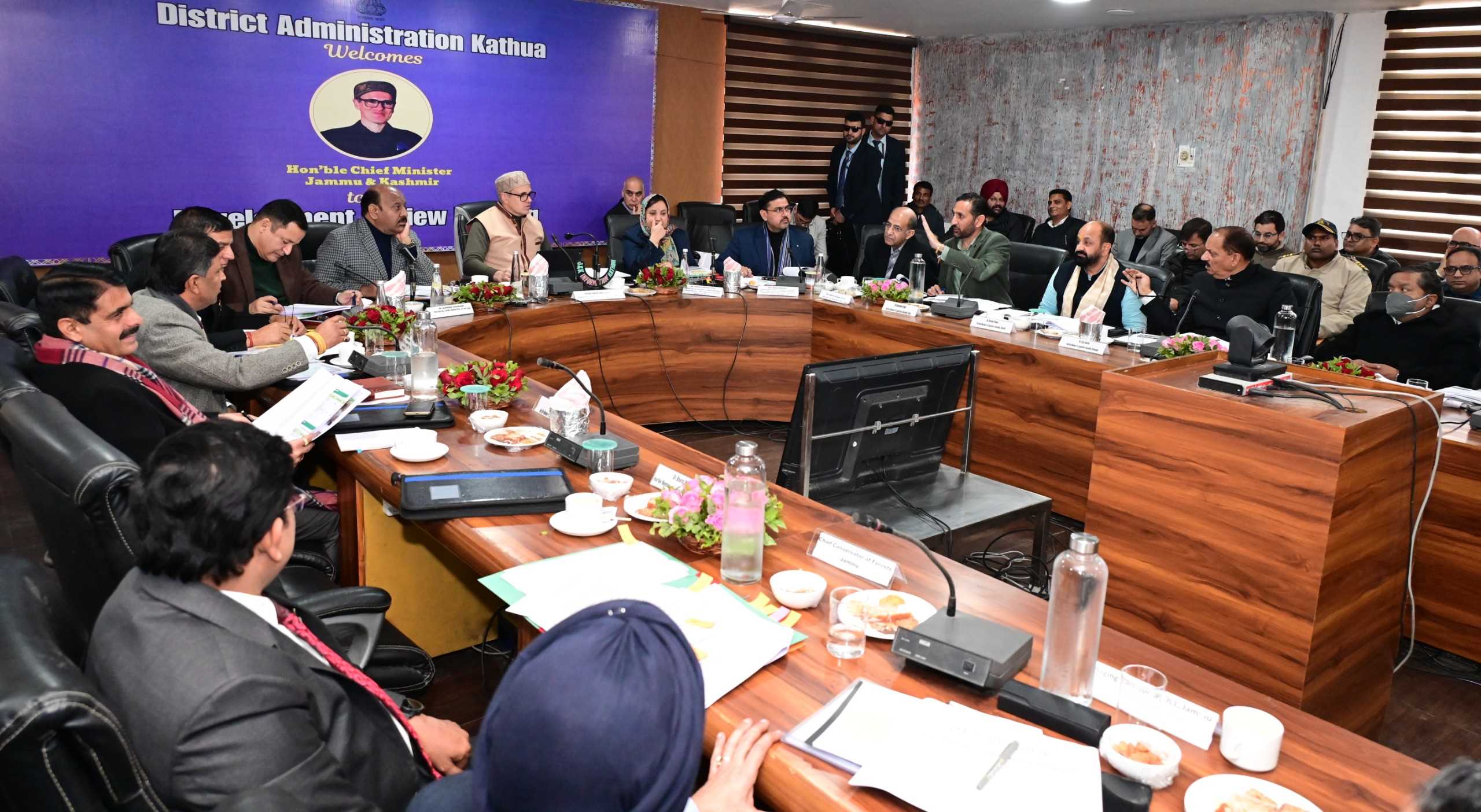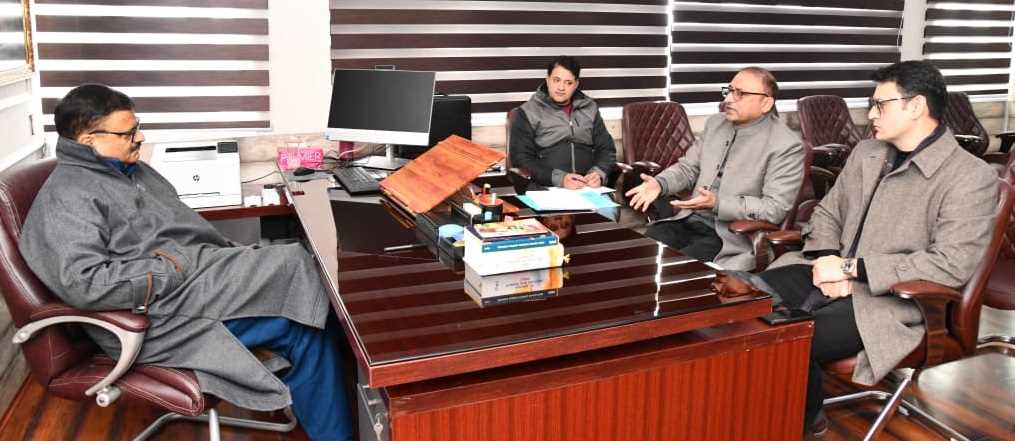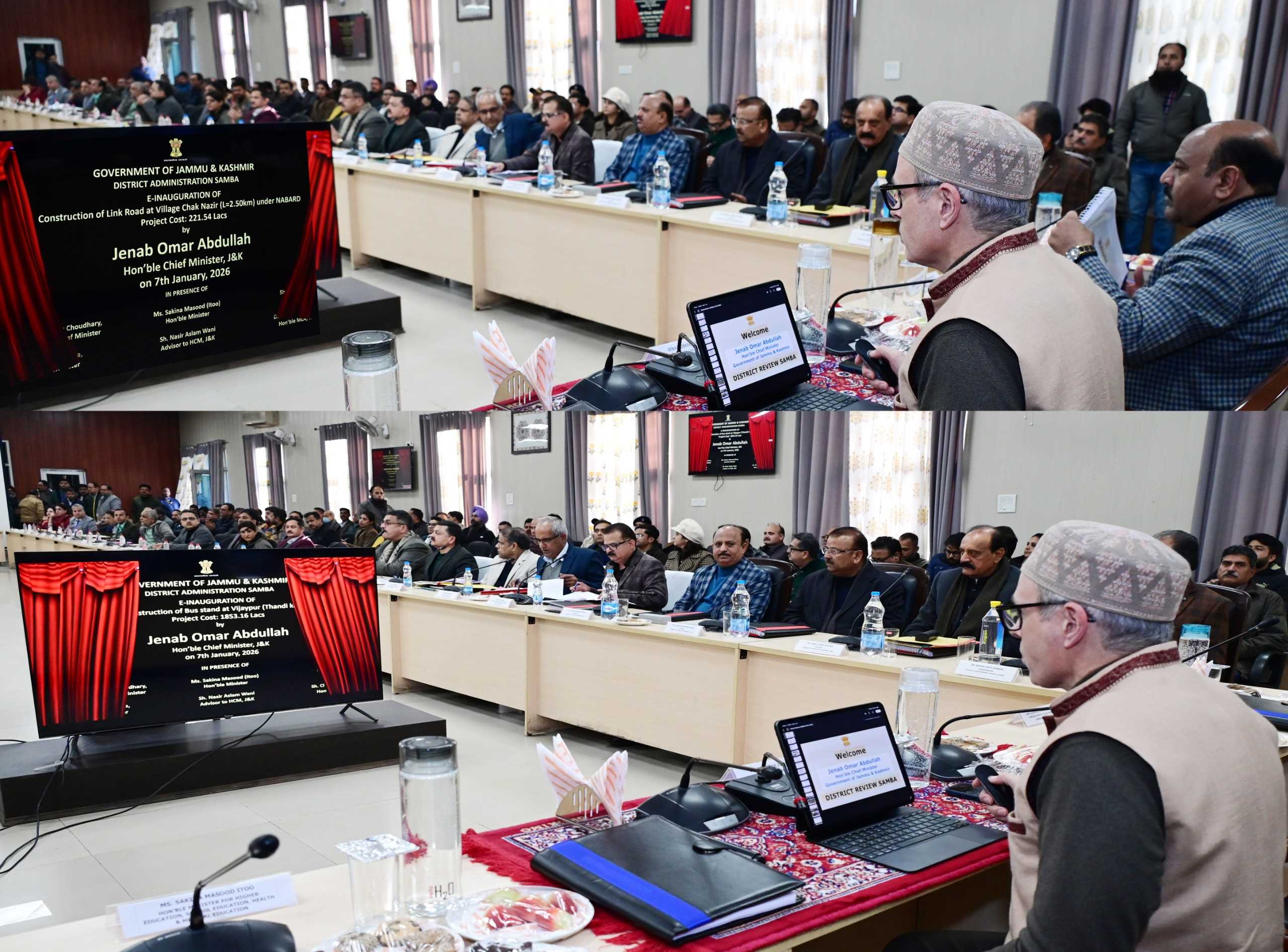I have often heard the phrase “Koori malyen soori saman” uttered as a blessing in Kashmiri households, whispered lovingly by mothers, murmured in gatherings, and even prayed aloud in masjids and shrines. It is a prayer for a bride, wishing her abundance and prosperity in her marital life. It is imbued with a culture deeply entrenched in materialism, where a woman’s fortune almost equals the things she brings into her new home.
In Kashmir, weddings are festive occasions, steeped in tradition that encompasses far more than merely ritual. One of the truly meaningful facets of the Kashmiri cultural fabric is elaborately prepared trousseaus of all kinds of items that families should get ready for their daughter’s entry into her married life. These preparations often begin years before the actual wedding, as families meticulously accumulate everything from sewing needles and thread to clothes to copper utensils and gold jewelry.
Though, men in Kashmir are just be mandated to arrange Mehr; mandatory gift to the bride under Islam, women shoulder a far greater responsibility. The bride’s family is expected to arrange items not just for her but for her in-laws and extended relatives as well. The traditional hash kanth (A gold ornament gifted to the mother-in-law as she unveils the bride’s face) and ziem diej (Gift, often gold or copper, traditionally in Kashmir given to the husband’s sister after the marriage) should also be carefully selected and sent along. Additionally, there are gifts prepared for the husband’s relatives like clothes, copper utensils, prayer mats and other tokens of goodwill-all rendering the whole endeavor gargantuan.
Gold jewelry, representing wealth, security, and social status, forms the central aspect of this preparation. Most families would try to impress that they could afford an elaborate collection even beyond their means because the amount and quality of gold at the end of the day become the measure of love and effort. Alongside this, the bride’s wardrobe is another monumental task, comprising Pherans, shawls and other attires, often tailored with intricate embroidery. Each piece must be accompanied by matching accessories, reinforcing the idea that a bride’s worth is tied to her appearance and material presentation.
Copper utensils are another integral part of the “soori saman.” In a region where copperware holds cultural and functional significance, the bride’s family is expected to provide an array of cooking pots, plates, and serving dishes. These items, often engraved with traditional designs, symbolize the bride’s readiness to manage a household. In recent years, this list has expanded to modern kitchen appliances, beddings, furnishings and decorations. It has further shifted financial burden onto the family.
However, this materialistic standpoint rooted in culture raises uncomfortable questions. Does this focus on possessions reduce a bride’s identity to the items she brings with her? Are we, as a society, teaching young women that their worth lies in what they contribute, and not the inherent self, learning, reputation in personality, or character?
The phrase “Koori malyen soori saman” encapsulates this cultural dichotomy. On one hand, it is a heartfelt prayer for a daughter’s happiness and stability. On the other, it reflects the weight of societal expectations that prioritize material wealth over emotional and spiritual well-being. It is ironic, given that Kashmir’s rich spiritual heritage emphasizes simplicity and detachment from worldly possessions. Yet, weddings often turn into displays of opulence, where families compete to outshine one another through extravagant trousseaus and lavish ceremonies.
It is time to rethink these norms. Instead of defining a bride’s worth by her possessions, we must focus on what truly matters: her emotional resilience, education, and ability to contribute meaningfully to her relationships and society. Blessings for a bride should emphasize her happiness, mutual respect in her marriage, and her ability to navigate life’s challenges with grace and strength.
Koori malyen soori saman” is a beautiful prayer, but it is also a mirror reflecting our societal values. As we continue to celebrate our rich traditions, let us not lose sight of the essence of a marriage which is a union built on love, respect, and understanding. By shifting our focus away from materialism, we can create a culture that truly values the worth of an individual beyond the possessions they carry.


